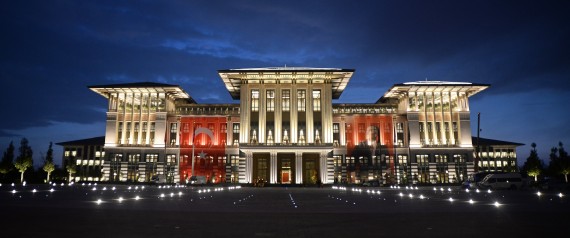When Sunday arrives in
Almere, one of Europe's most modern, functional and multi-cultural cities in Europe, its citizens have a variety of choices,varying from sleeping in, sports, reading, attending Church services, you name it.
And to think that Almere, situated east of Amsterdam, was created just
36 years ago as part of a huge land reclamation project. This eventually resulted in a new Dutch Province called Flevoland. It has been a successful venture. In those 36 years Almere has attracted over 195,000 residents and 14,500 businesses and more flowing in every day..
Almere today is the largest city in the province of Flevoland and the seventh
largest city in the Netherlands.
This past Sunday in Almere was probably not much different from other Sundays, as to what people choose to do during the weekend or on Sunday's -- except maybe at
NDIC, which stands for "New Day International Church"

NDIC opened its doors in Almeer at the beginning of September 2007, mainly because of the large influx of expats and internationals into the city,
and the need for an English language church.
"One of our primary goals has always been", say
NDIC Pastor Melvin Ho and his wife Louise, " to be sensitive to multi-national cultures and provide a spiritual home for
people from all around the globe living in this city and surrounding areas".
"Obviously we also have our doors wide open for Dutch folks who prefer to listen to sermons in English", says Louise..
Over the past years NDIC has become the home to many people from all over the world, with or without a previous church
background, and as one churchgoer at NDIC noted, "we like it here because it feels like family, and we find the environment is conducive to exploring faith whereby God can be encountered in new and creative ways. It is very refreshing and stimulating."
 |
| Judy Mensch of Kidzark Productions |
And indeed, this refreshing dynamism was also noticeable this past Sunday at
NDIC, when Judy Mensch and Carolina Neeft of
Kidzark Productions visited and captivated young and old church members alike with their lively participative family presentation.
"Our plays are morally based and biblically principled, but they are not, per se, ‘Christian” plays. The idea is to bring a popular story that families would want to see. By doing this we do our best to come along-side local churches and help them with family evangelism through drama. The shows we bring to churches are purposed to reach families in local communities but they are also a great introduction to the principles of God", says Judy.
The happy faces during the fellowship coffee and tea break, following the
Kidzark presentation seemed to signal that this new, open and refreshing approach to Christianity is not only appreciated, but also here to stay.
EU-Digest






